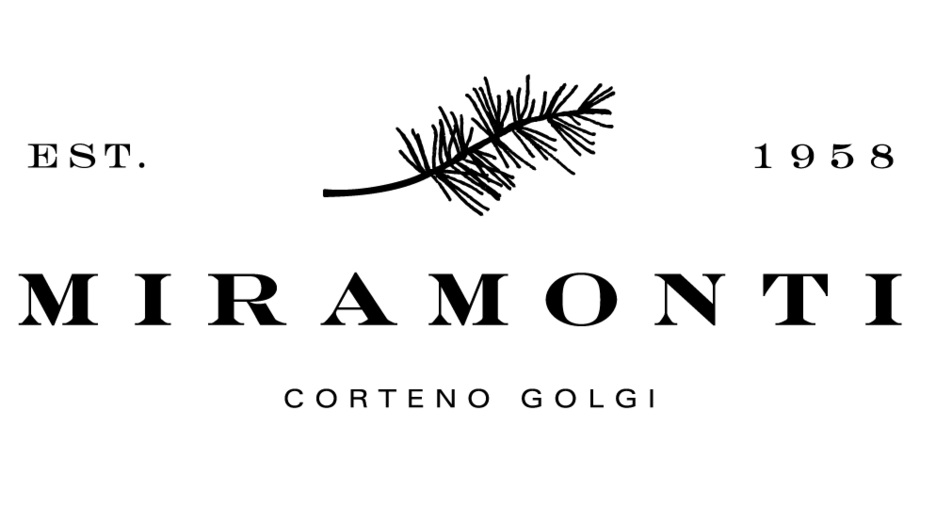6 Surprising Superstitions That Many Italians Still Believe
In Italy, there are many beliefs and superstitions, which many of them you probably never heard of! From the vast Italian Alps where our Award-Winning Hotel is located, to the sunny South where you can get fresh limoncello. Most Italians all-around the country can recognise these superstitions - whether they believe it or not! So, without further ado, here they are:
.
DON'T SPILL THE OLIVE OIL
Some Italians believe that spilling olive oil will bring bad luck. This belief likely originates from the fact that the oil was an expensive commodity in the past. Let’s be honest, it was probably regarded rather foolish for someone to waste such an pricy product. So, when you’re garnishing your plate of salad, be extra careful! But If you do end up blundering, counteract the bad luck by blotting some olive oil behind your ear! Curious about olive oil? Read our article '6 Interesting Facts About Olive Oil.'
Source: Michelesergio
THE EVIL EYE 'MALOCCHIO'
The evil eye or ‘malocchio’ is known all across the Mediterranean and to many cultures around the world - it is a belief that dates back hundreds of years, since the ancient times. Malocchio is a curse cast due to someone's envy or jealousy against you, causing bad luck. In some areas in Italy, you can spot hanging garlic and peppers to act as amulets against malocchio - other deterrents also include horseshoes or horn-shaped jewellery.
NUMBER 13 VS. NUMBER 17
To many countries all over the world, the number thirteen is considered as bad luck. However, in Italy, it's actually the opposite. The number is associated with the Goddess of Fertility, which means that the number thirteen can bring an abundant and fulfilled life - in other words - it is extremely lucky! On the other hand, the number seventeen is seen as bad luck. Why? Seventeen in Roman numerals is XVII - an anagram of VIXI. In Latin, VIXI means 'I have lived', implying death. Therefore, many Italians avoid this number to cast away any bad omens.
DON'T ' TOUCH WOOD' TOUCH IRON INSTEAD
We're sure you've heard the phrase 'touch wood' or 'knock on wood' to ward off bad luck or to avoid jinxing yourself. For Italians, rather than wood, they say 'tocca ferro' which means 'touch iron’. This idea originated from the belief that horseshoes can deflect evil spirits - remember 'malocchio?'. So, you might find that Italians may keep nails in their pockets so that they always have iron within reach!
IN BOCCA AL LUPO
Similar to how you might tell someone' break a leg' in English, Italians have their own way of wishing luck. Italians usually say 'In bocca al lupo' which means 'in the mouth of the wolf' in English. As a reply, avoid saying 'prego' but say 'crepi' instead, which means 'may the wolf die'. This stems from the superstition that wishing good luck may work against you, so by hoping for something negative, it will give you good luck in return. Wolves are very significant in Italian culture, to find out more, read our blog ‘What is an Italian Wolf?’
STARTING THE YEAR WITH LENTILS
Many Italians believe that eating lentils or 'lenticchie' on New Year's Eve bring prosperity and wealth for the new year. Lentils resemble the shape of a 'coin' and therefore serves as a reminder of money. As tradition states, the more lentils you eat, the more wealthy you will become! Even if you don't believe in the superstition, lentils are super healthy legumes that provide a lot of protein and fibre into your system. Curious on how to make lentil soup? Then read our blog post on Italian Lentil Recipe.
We hope that this brief guide on Italian restaurants can help you decide where to eat! Why not stay at our Albergo Miramonti? We are located within the Italian Alps, with a Hotel Spa, relaxing Cigar Lounge and an Italian Restaurant.
For more interesting articles about Italy, read our blog:






